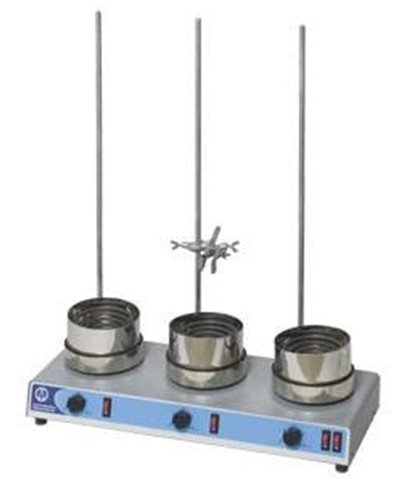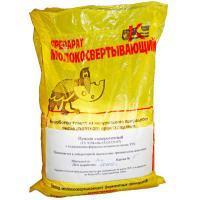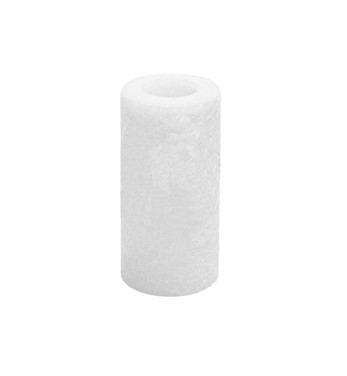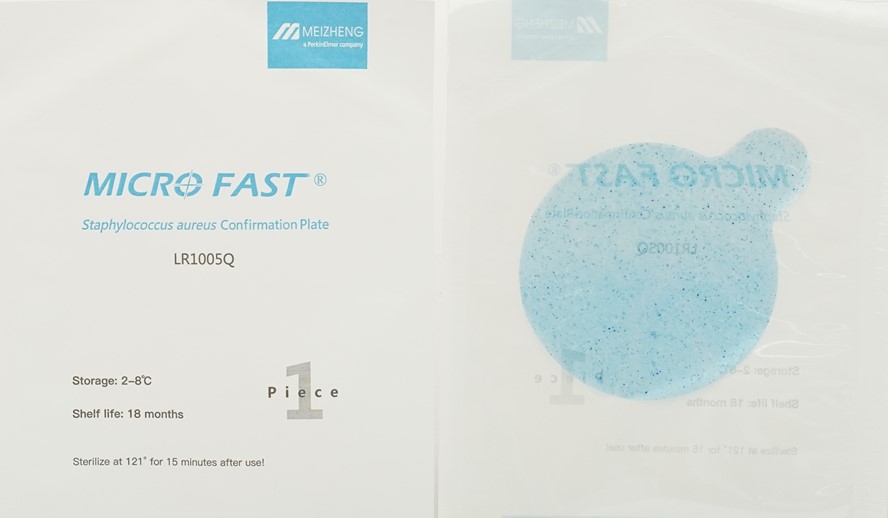The Ministry of Industry and Trade recorded a decrease in food prices
The Ministry of Industry and Trade recorded a decrease in prices in food retail, TASS reports with reference to the deputy HEAD of the department Viktor Yevtukhov. According to the deputy minister, this is primarily due to the stabilization of the ruble exchange rate and the successful search for new ways to import goods. Yevtukhov stressed that Russian companies do not reduce import supplies and make significant discounts to consumers. He also noted that food stocks have been formed for several months.
Deputy Chairman of the Board of "Rusprodsoyuz" Dmitry Leonov said that retail chains have not yet fully accepted the adjustment of shipping prices announced by suppliers, caused by a colossal increase in production costs. “Suppliers are suffering serious losses: raw materials, packaging, logistics, etc. They have to pay at new, increased prices, as well as pay interest on loans that have more than doubled,” he said. “At the same time, it is not entirely clear on the basis of what the prices on the shelf rose so sharply earlier, because the chains did not accept new supplier prices in such a size. In order for the consumer to see the price reduction in stores, retail chains need to reduce their own markup.”
Ivan Fedyakov, general DIRECTOR of the INFOLine agency, said that the current situation with prices is more likely not a decrease, but an adjustment to the increase that was in early March. There may also be a seasonal decrease in prices for fruits and vegetables, the new crop of which has already begun to appear in the southern regions. “In the short term, the price of some products is expected to fall. Demand for food products is quite elastic, and as soon as cheaper domestic products start to enter the market, other goods start getting cheaper as well,” the expert said.
Speaking about the longer term, Fedyakov noted that prices, which have been growing since the beginning of the special operation, will not return to their previous levels. “It can be stated that high inflation awaits us in the medium and long term. There are appropriate reasons for this. The fact is that there is a break in production chains, a logistical blockade. All this has a more noticeable and significant effect on price dynamics than the exchange rate,” he argues.
Many believe that following the strengthening of the ruble, prices should return to the level that they had before February 24, continues Fedyakov. However, in his opinion, this will not happen. “Now we are seeing huge problems with import deliveries of goods, a decrease in different categories from 50% to 70%, in some cases up to 100%, that is, the supply of imported goods in some categories has completely stopped,” he notes. “We are also seeing big disruptions in food production, even within the country. This is due to the fact that many enterprises were deeply integrated with European partners, although they are located in RUSSIA and produce products from Russian raw materials. But all the same, imported components are used, not to mention the equipment.”
As an example, the expert cited Svetogorsk Pulp and Paper Mill (produces cardboard for packaging liquid food products). The company was forced to suspend production, and as a result, there was a shortage of products manufactured by the enterprise. This led to an almost tenfold increase in prices.
According to the review of the Ministry of Economic Development, inflation in Russia in annual terms accelerated to 17.49% by April 8. Last week, the ministry noted that by April 1, price growth in annual terms amounted to 16.7%. According to Rosstat, weekly inflation for the period from April 2 to April 8 slowed to 0.66% from 0.99% a week earlier, since the beginning of the year consumer prices rose by 10.83%. According to the Ministry of Economic Development, the growth in food prices as of April 8 amounted to 19.1% in annual terms (excluding fruits and vegetables - by 17.02% year-on-year). Prices for fruits and vegetables increased by 34.3% year-on-year on the same date.
The food industry is experiencing a raw material crisis.
According to Fedyakov, inflation in Russia will exceed 20%. “It can be 25% or 30%. How dramatic the situation will develop will depend on the course of the special operation in Ukraine. If the transition to a peaceful phase begins, then we will assess the losses and think about how to restore everything. If the special operation continues, then all of the above is an optimistic scenario. It will get worse, there will be tougher sanctions , the border has not been completely closed yet, but we are five minutes away from this, ”he concluded.



























































